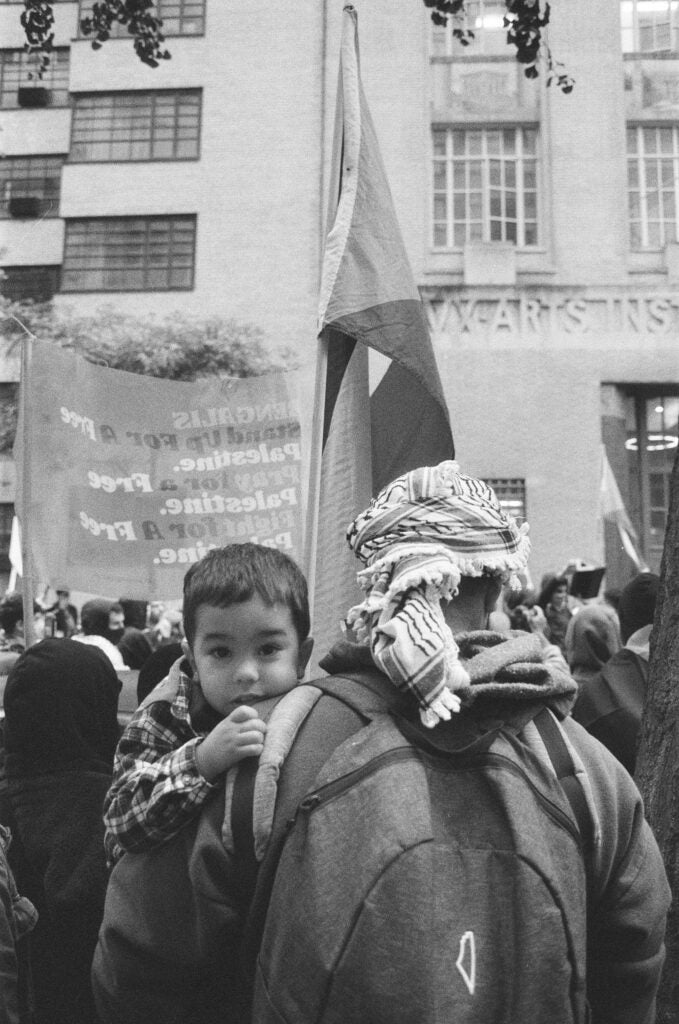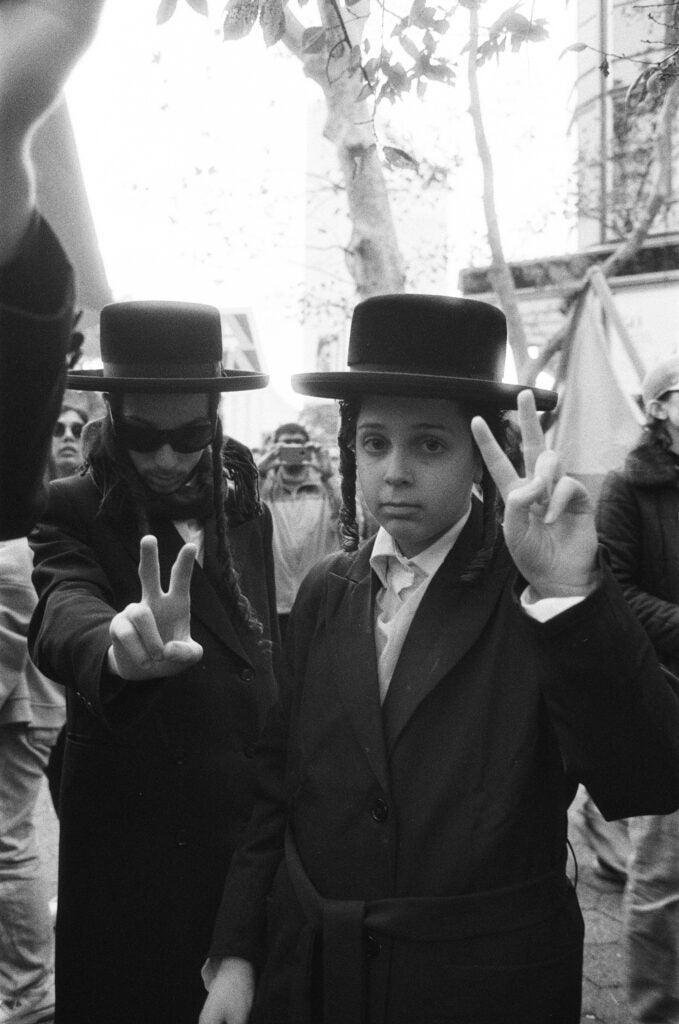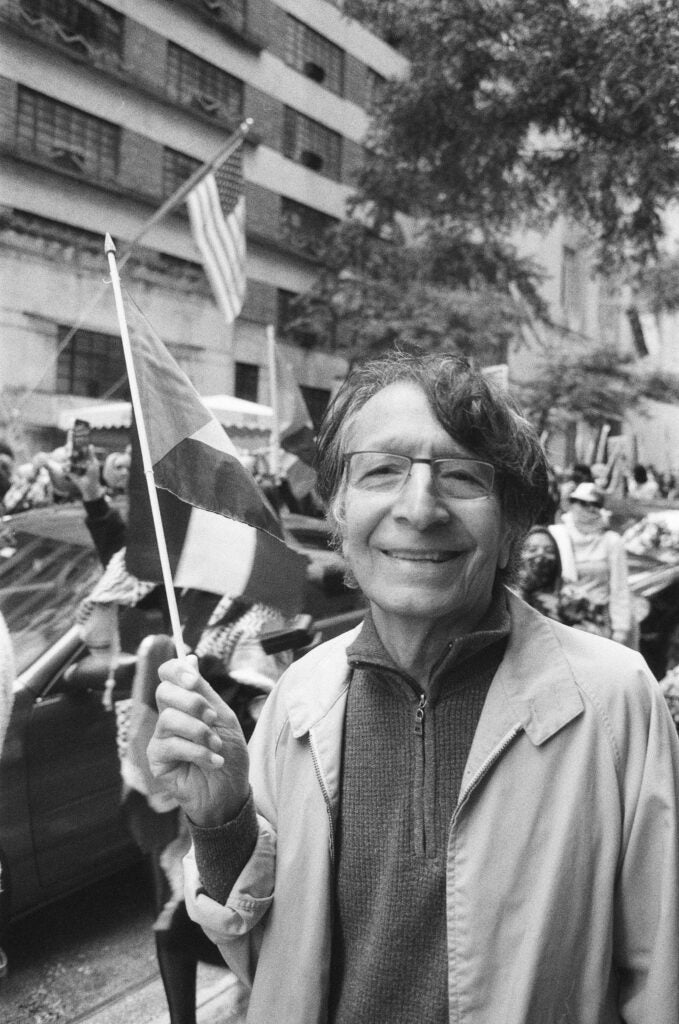They said: the men are enemies, the women are enemies, the children are enemies, the unborn are enemies, the cats are enemies, the fishing boats are enemies, the bakery and its bread are enemies, the hospitals and holy houses are enemies, the fuel is an enemy, the water is an enemy.



They said: the men are enemies, the women are enemies, the children are enemies, the unborn are enemies, the cats are enemies, the fishing boats are enemies, the bakery and its bread are enemies, the hospitals and holy houses are enemies, the fuel is an enemy, the water is an enemy. Yes, the water. For the rain fell, and the mud and the roads conspired against them. They sat in the night, stuck, and the full moon glared down at them but only once since the start of their aggressions. The sun, however, refused to fix its face day after day. There was hardly a cloud across its furious brow. Oh, if they could take the sun, they would! For it defied them, and powered the people’s batteries, who then lit each other’s roads and rescues and surgeries, and further recorded and otherwise transmitted their devastation to others still, who immediately recognized their fellow civilians. So they turned to the sun and launched missiles which fell short, and felt the rage of those they rendered enemies but they knew it was not a righteous rage, for the sun was as impassive as a great mirror, and all their metal, in all its deadly forms, benefited them nothing. So they turned, again—for this is not a new ritual—they turned in wrath against what the sun does, starting with the farmer Bilal. Then to his olives and herbs, then the water that feeds them all, grasping wells with bulldozers like they sometimes grasp windpipes but it was not enough. So they turned against everything and everyone the light touches: not only the giant red teddy bear in a forlorn square that used to be a city block but they also hunted the child that had clung to it, and the parents that had brought it home, but even that wasn’t enough, so they waited for the night, and removed all power but their own, but this did not decrease the light of the people whatsoever, nor their screams and prayers bouncing off concrete, nor the cell phones discreetly, meticulously, miraculously transmitting this horror to everyone, nor did it lessen the darkness inside of them, which was not the darkness of night, or the void of outer space, which are each alive, and natural, but another empty and matte thing we call “darkness” in English, because English hates people of the sun who are generally called dark or black. I’m discussing obtuseness here. I’m discussing wickedness. Anyway, the dimness did not feed them so they tried to match the force of the sun with many tons of munitions. Yes, they wanted to recreate the Japanese flag over a Gazan sky, but it wasn’t working. So they tried to recreate Hiroshima but it wasn’t satisfying somehow, so they settled on a line of fire visible from airplanes and satellites, the creation of which their people cheered each time, until households were hoarse. Yes, they were cheering until other households were silent forever because in fact they had killed off the last precious vessels of a particular DNA. And they sent down white phosphorus which their people, safe in their homes, cheered on like fireworks, cheered like children enjoying bioluminescence in an aquarium, all in an effort to dazzle the eyes and flesh of every witness. It was all in an effort to imitate the sun, which they could not make answer to them and which refused to cover their shame, and rose at its prescribed time despite their lust to bombard for one night, plus one thousand for good measure. Then, they also doused the battered ground because the earth too should never again receive sunlight, and grow trees and flowers that may one day speak to their own seeds, to their own tender stalks—let me be clear and say: to their own children, who they already imagined playing on reconstituted craters, playing in a driveway or on a boardwalk that is, in fact, a mass grave.

Ladan Osman is the author of Exiles of Eden (2019), winner of the Hurston/Wright Legacy Award and a Whiting Award, and The Kitchen-Dweller’s Testimony (2015), winner of the Sillerman Prize. Her work in film includes: The Ascendants, Just Sam, and Sun of the Soil. Ladan lives in New York.
Featured image and all other images courtesy of the author Ladan Osman. Caption: New York, October 2023 (35mm)




